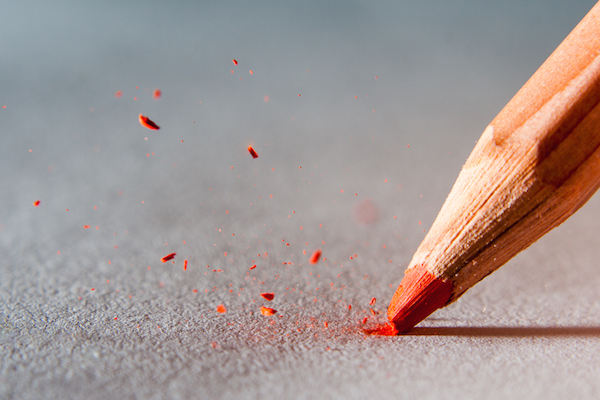
FRIDAY, Nov. 2 (HealthDay News) — A new study provides scientific evidence that a handshake helps you make a good first impression.
The handshake is believed to date to ancient times as a way of showing a stranger that you had no weapons, and a firm, friendly handshake has long been recommended in the business world and for job seekers.
University of Illinois researchers used functional MRI scans to monitor brain activity in 18 male and female volunteers who watched and rated videos of people interacting in a business setting. The scans showed a positive “social evaluation” brain response when the volunteers saw the people in the videos shake hands.
The study is published online Oct. 19 and in the December print issue of the Journal of Cognitive Neuroscience.
The findings have an obvious message for people who want to make a good first impression, said study co-leader Sanda Dolcos, a postdoctoral research associate in the psychology department at the University of Illinois.
“I would tell them to be aware of the power of a handshake,” she said in a university news release. “We found that it not only increases the positive effect toward a favorable interaction, but it also diminishes the impact of a negative impression. Many of our social interactions may go wrong for a reason or another, and a simple handshake preceding them can give us a boost and attenuate the negative impact of possible misunderstandings.”
It’s not just a handshake that promotes positive feelings, but a firm, confident, yet friendly handshake, noted study co-leader Florin Dolcos, a researcher at the university’s Beckman Institute.
“In a business setting this is what people are expecting, and those who know these things use them,” he said in the news release. “Not a very long time ago you could get a loan based on a handshake. So it conveys something very important, very basic. Yet the science underlying this is so far behind. We knew these things intuitively but now we also have the scientific support.”
More information
The American Psychological Association has more research on handshakes and first impressions.

